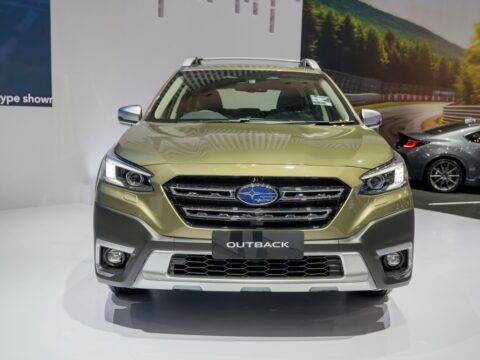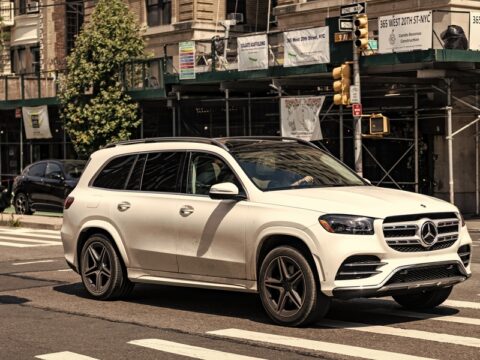As the automotive world shifts toward sustainability, even the fastest machines on the track aren’t immune to change. Iconic gas-powered racing cars, long celebrated for their raw power and speed, are facing the possibility of being replaced by electric models. With electric technology advancing rapidly, the future of racing is poised to look very different. In this article, we’ll explore 25 legendary racing cars that may soon see an electric evolution.
Contents
Ferrari 488 GTB
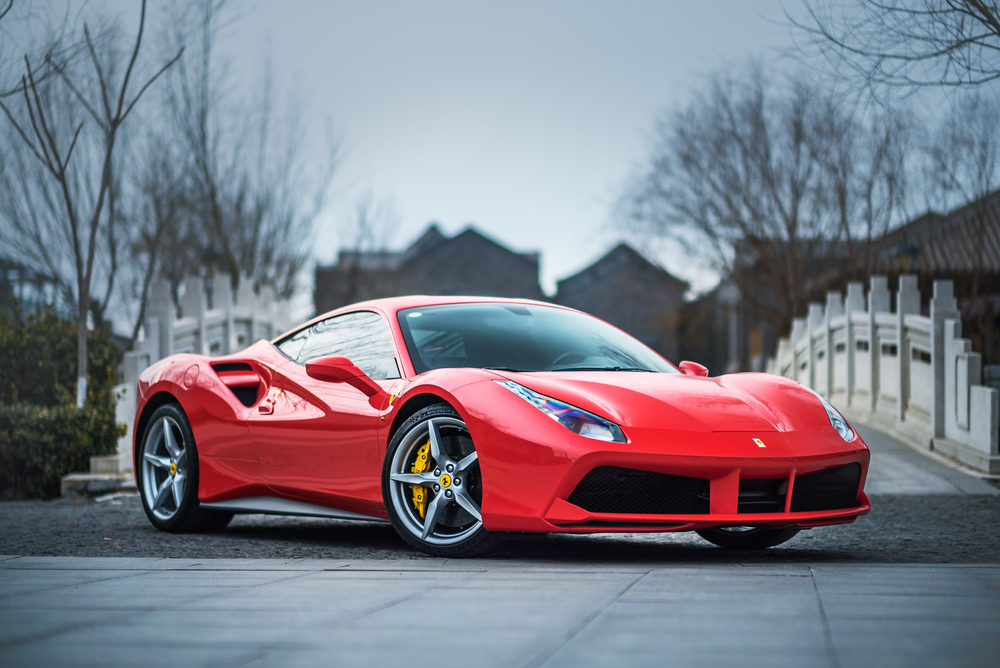
The Ferrari 488 GTB is a hallmark of turbocharged V8 power, producing 661 horsepower and 760 Nm of torque. However, as Ferrari embraces hybrid technologies with models like the SF90 Stradale, the 488 GTB could be next in line for an electric overhaul. The transition would allow Ferrari to continue delivering the performance and handling enthusiasts expect, while moving toward zero emissions.
Lamborghini Aventador
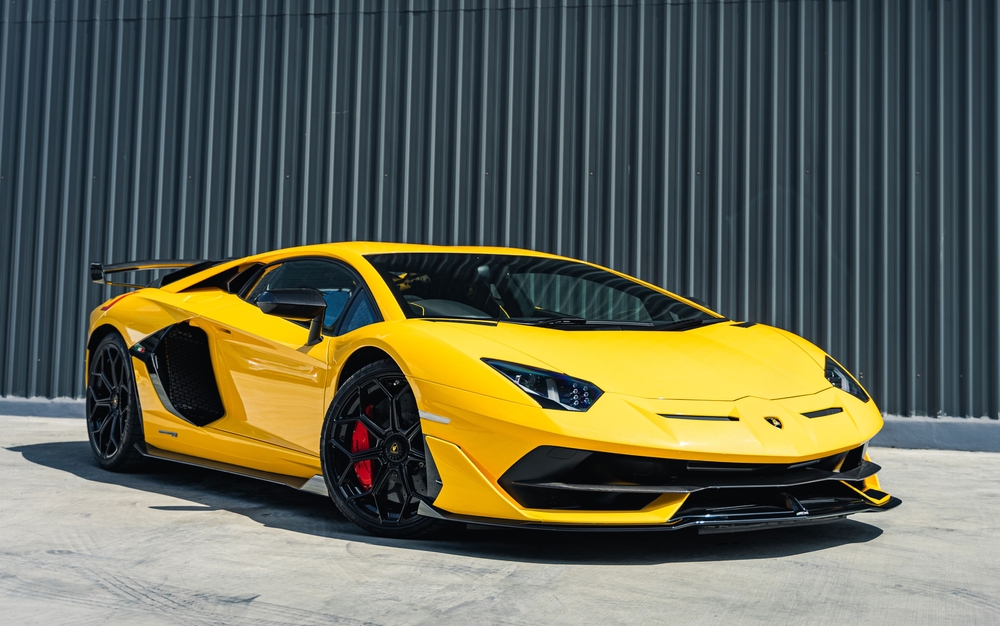
The Aventador’s naturally aspirated V12 engine has long been the heart of its appeal, generating over 700 horsepower. But as Lamborghini pushes toward electrification with its “Direzione Cor Tauri” plan, this iconic model might see an electric evolution. An electric Aventador could retain its dramatic design and blistering acceleration, but with the added torque and efficiency electric motors provide.
Porsche 911 GT3

The Porsche 911 GT3’s flat-six engine and track-ready performance have made it a fan favorite. Yet, with Porsche’s Taycan demonstrating the company’s prowess in electric sports cars, the 911 could eventually adopt an electric powertrain. Porsche’s ability to maintain its driving dynamics in an electric format could ensure the 911 GT3 remains a dominant force in motorsport, albeit without its signature engine roar.
McLaren P1
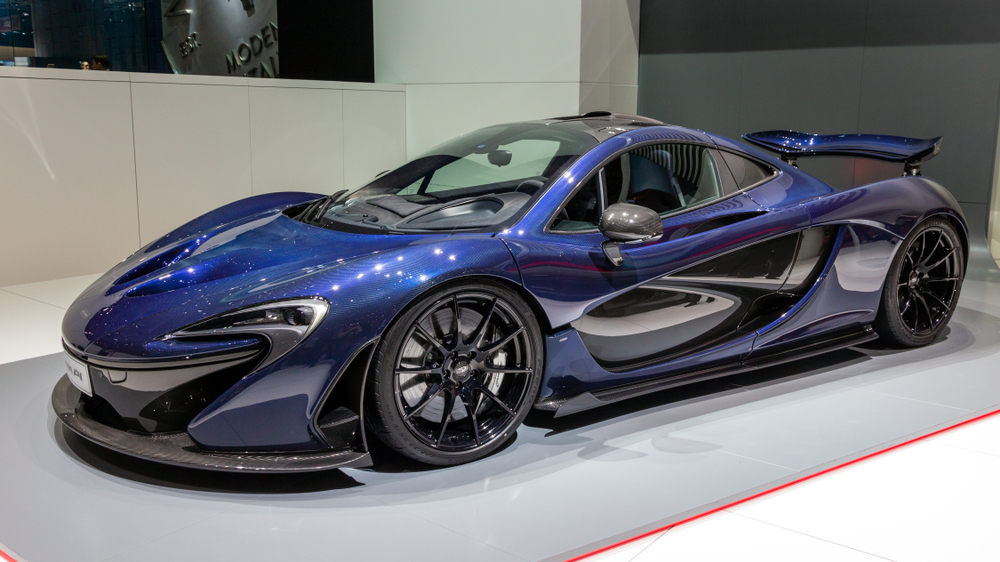
As a hybrid hypercar, the McLaren P1 has already bridged the gap between gas and electric, offering 903 horsepower from its V8 hybrid setup. With McLaren’s increasing focus on electrification, the P1’s successor could fully abandon the internal combustion engine. This would likely push performance boundaries even further while also aligning with stricter environmental regulations.
Chevrolet Corvette Z06
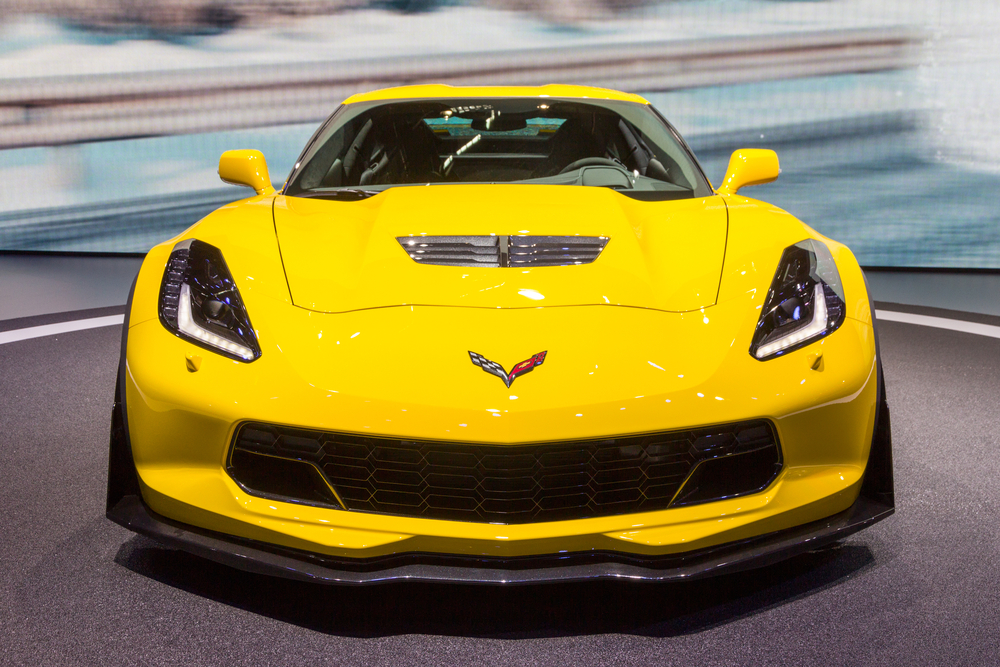
The Corvette Z06, with its supercharged 6.2-liter V8 engine, delivers 650 horsepower and a deep, resonant exhaust note. As General Motors moves toward an all-electric future, this iconic American sports car could follow suit. An electric version of the Z06 would bring instant torque and potentially mind-boggling acceleration, while upholding the Corvette’s legacy of accessible performance.
Ford Mustang Shelby GT500
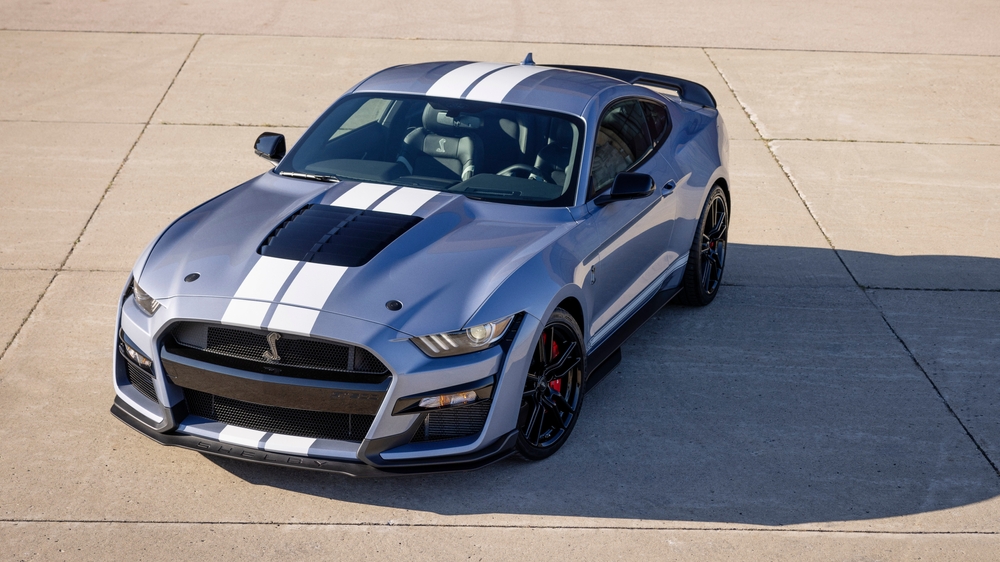
The Mustang Shelby GT500 is synonymous with brute force, boasting over 760 horsepower from its supercharged V8 engine. However, as Ford pivots toward electric vehicles like the Mustang Mach-E, even the Shelby could undergo a transformation. An electric GT500 could deliver quicker 0-60 times and maintain its track capabilities while shedding the weight of its gas engine.
Aston Martin Vantage
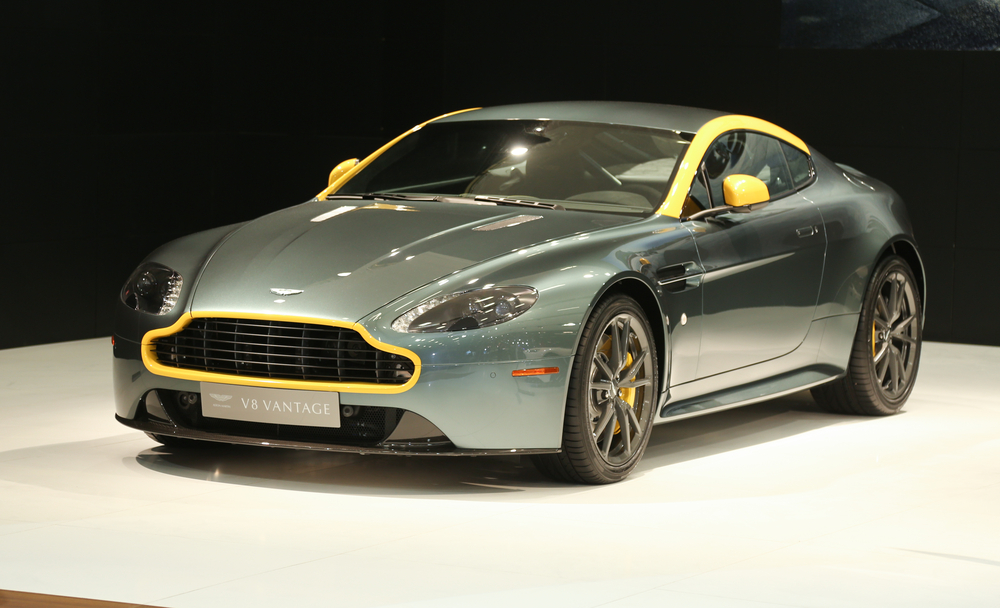
Known for its blend of luxury and performance, the Aston Martin Vantage has relied on powerful V8 and V12 engines. Aston Martin’s commitment to electrification, however, means the Vantage could eventually go fully electric. With the company already working on its first EV, the Vantage could adopt a cutting-edge electric setup that ensures the car’s nimble handling and power delivery remain top-tier.
Nissan GT-R

Nicknamed “Godzilla” for its monstrous performance, the Nissan GT-R’s twin-turbocharged V6 produces over 565 horsepower. With Nissan actively developing electric technologies, the GT-R could become a flagship EV sports car in the future. Electric motors would enhance the GT-R’s already impressive acceleration while improving handling through better weight distribution.
BMW M4
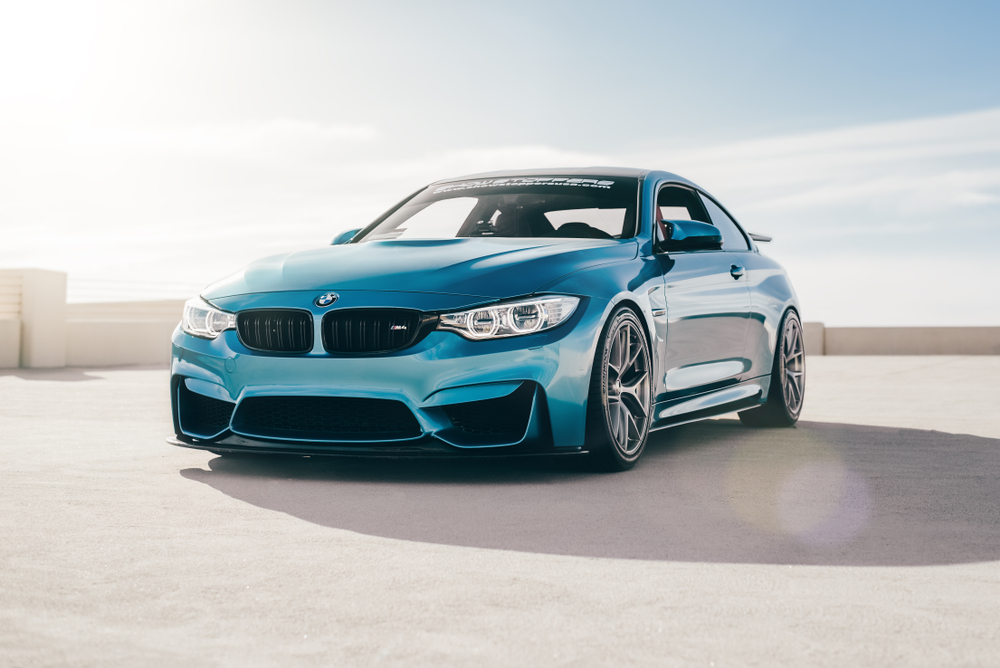
The BMW M4 has long been admired for its powerful inline-six engine and precise handling. As BMW increases its focus on electric mobility with models like the i4, the M4 could follow suit. An electric M4 would retain the agility and performance fans expect, while capitalizing on the instant power delivery that electric vehicles are known for.
Audi R8
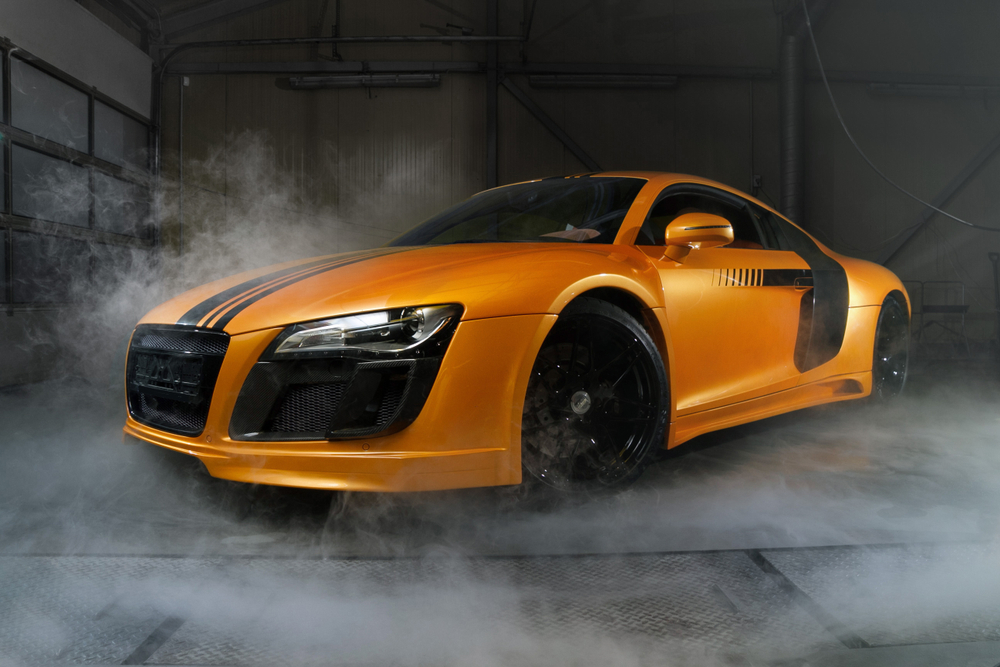
With its high-revving V10 engine, the Audi R8 is one of the most iconic supercars of its time. However, Audi is transitioning to an electric future, and the R8 may soon join the ranks of their e-tron lineup. An electric R8 could offer quicker acceleration, thanks to instant torque, while preserving its supercar status and sleek design.
Dodge Challenger SRT Hellcat

The Dodge Challenger SRT Hellcat is famous for its outrageous 717-horsepower supercharged V8. As Dodge begins its move toward electric power with upcoming models like the Charger Daytona SRT EV, even the Hellcat could face electrification. An electric version would likely deliver even more raw power, all while improving efficiency and reducing emissions.
Jaguar F-Type
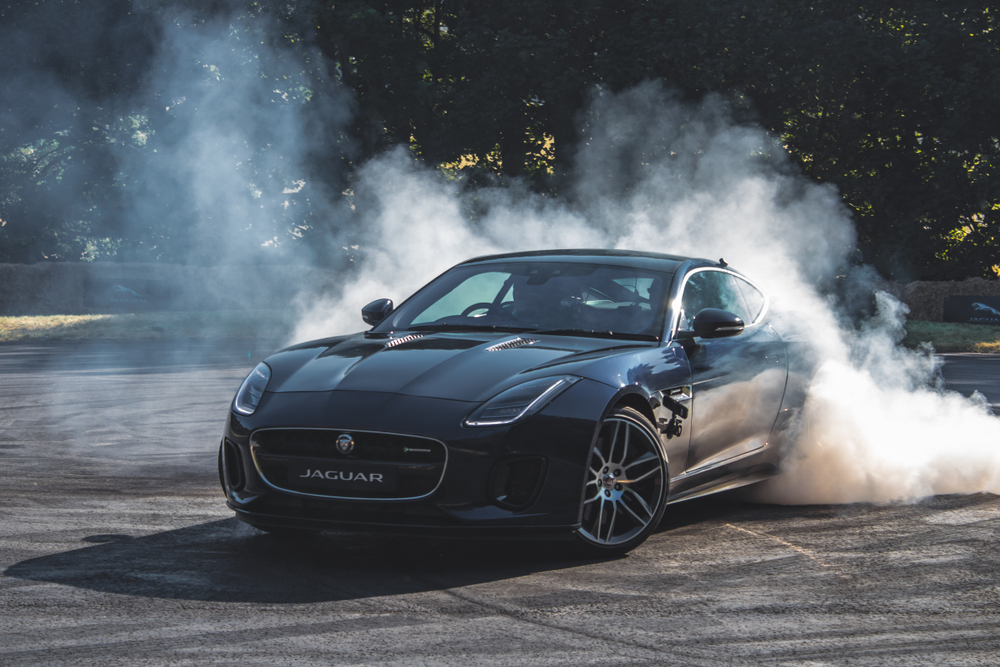
The Jaguar F-Type’s thunderous V8 engine has been a key part of its identity, but Jaguar has announced plans to become an all-electric brand by 2025. This means the F-Type could transform into a fully electric sports car, delivering performance in line with its heritage, but with the smoothness and silence of electric power.
Lotus Evora
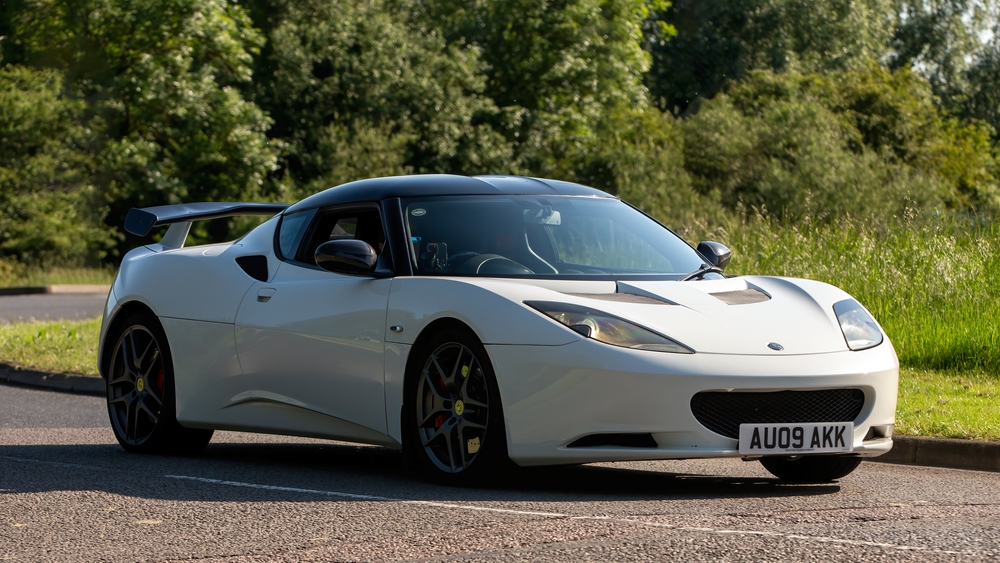
Lotus has committed to producing electric vehicles, and the Evora, with its lightweight chassis and sharp handling, could easily make the transition. Currently powered by a V6 engine, the Evora’s future electric version would benefit from the added torque and control electric motors provide, while continuing Lotus’ tradition of driver-focused performance.
Koenigsegg Jesko
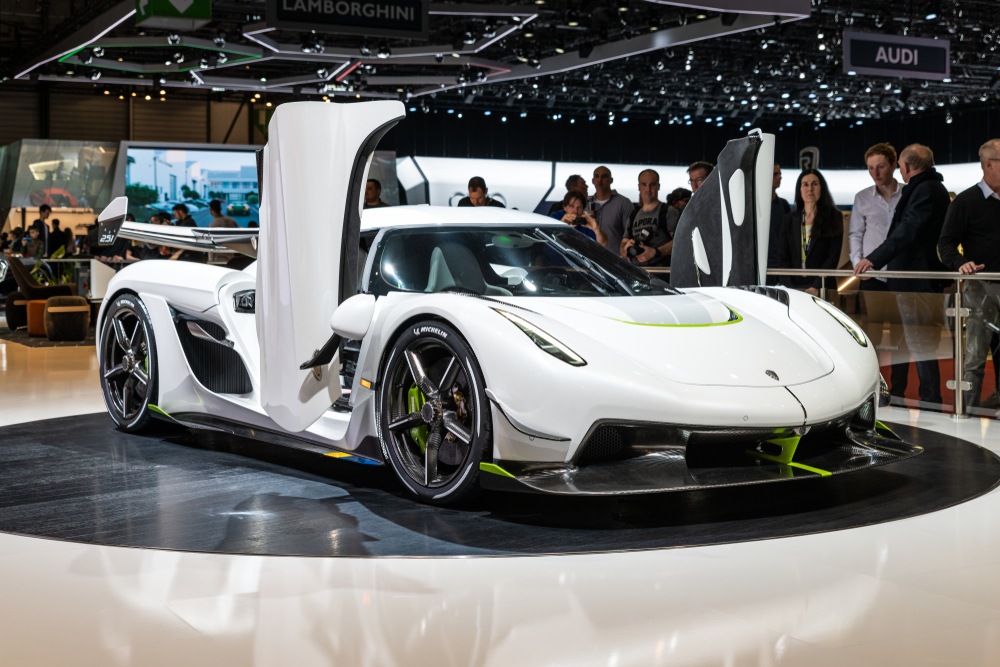
The Koenigsegg Jesko is a marvel of engineering, boasting over 1,600 horsepower from a twin-turbo V8. However, Koenigsegg is also exploring hybrid and electric powertrains, and a fully electric Jesko could push the boundaries of speed even further. With Koenigsegg’s penchant for innovation, an electric hypercar could redefine performance benchmarks.
Pagani Huayra
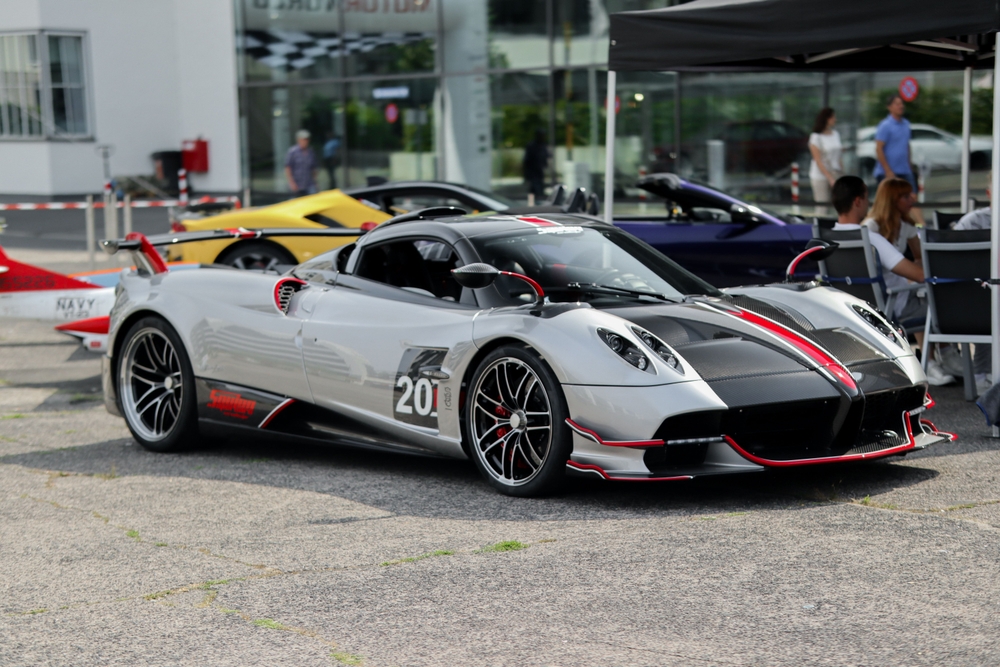
Known for its artistic design and twin-turbo V12 engine, the Pagani Huayra has long been a symbol of high-performance luxury. Pagani has signaled interest in electric technology, and the Huayra could be a candidate for electrification. An electric version would still carry the brand’s signature design flair, while providing jaw-dropping acceleration and advanced tech.
Mazda RX-7
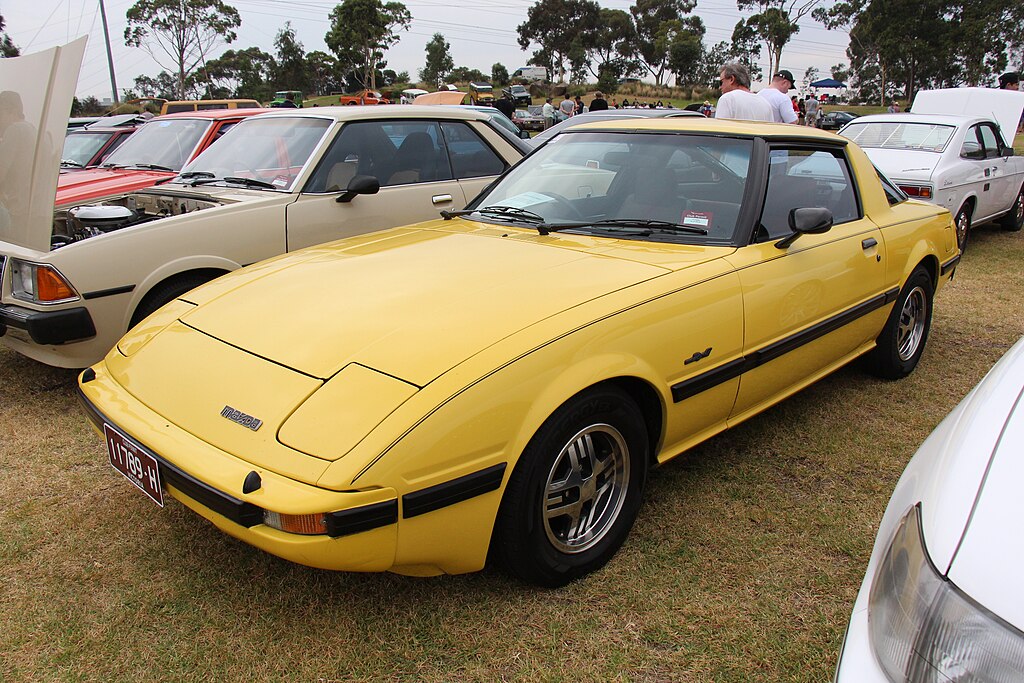
The Mazda RX-7’s rotary engine is legendary for its high-revving character, but rotary engines are inefficient by modern standards. As Mazda works on electrifying its lineup, a resurrected RX-7 could feature electric motors, offering instant power and preserving the car’s lightweight, nimble nature that made it a favorite among driving enthusiasts.
Subaru WRX STI

Known for its rally heritage and turbocharged boxer engine, the WRX STI has been a staple of Subaru’s performance lineup. However, Subaru is now investing in electric vehicles, and the WRX STI could be reimagined as an electric rally car. This would provide the instant torque needed for high-speed off-road driving, while maintaining the STI’s reputation for performance.
Mercedes-AMG GT
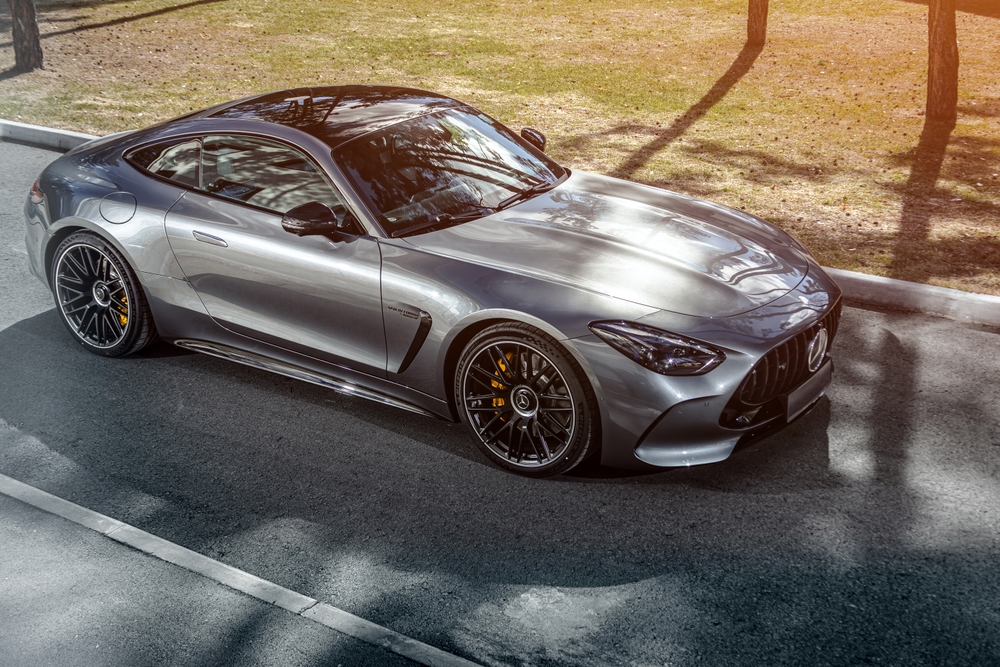
With a twin-turbo V8 producing up to 577 horsepower, the AMG GT has been a dominant force in the supercar world. Mercedes-AMG is already exploring electric performance with models like the EQS AMG, and the GT could follow. An electric GT would maintain its luxurious design while delivering even faster acceleration and sharper handling.
Honda NSX
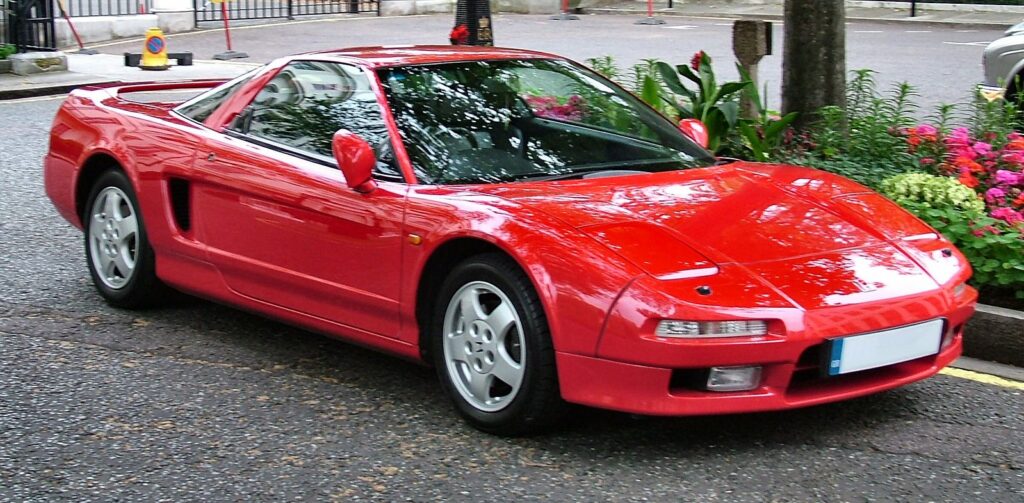
The current Honda NSX is already a hybrid, combining a twin-turbo V6 with electric motors for a combined output of 573 horsepower. The next iteration could go fully electric, allowing Honda to enhance the NSX’s performance while fully embracing the future of sports car engineering.
Bentley Continental GT
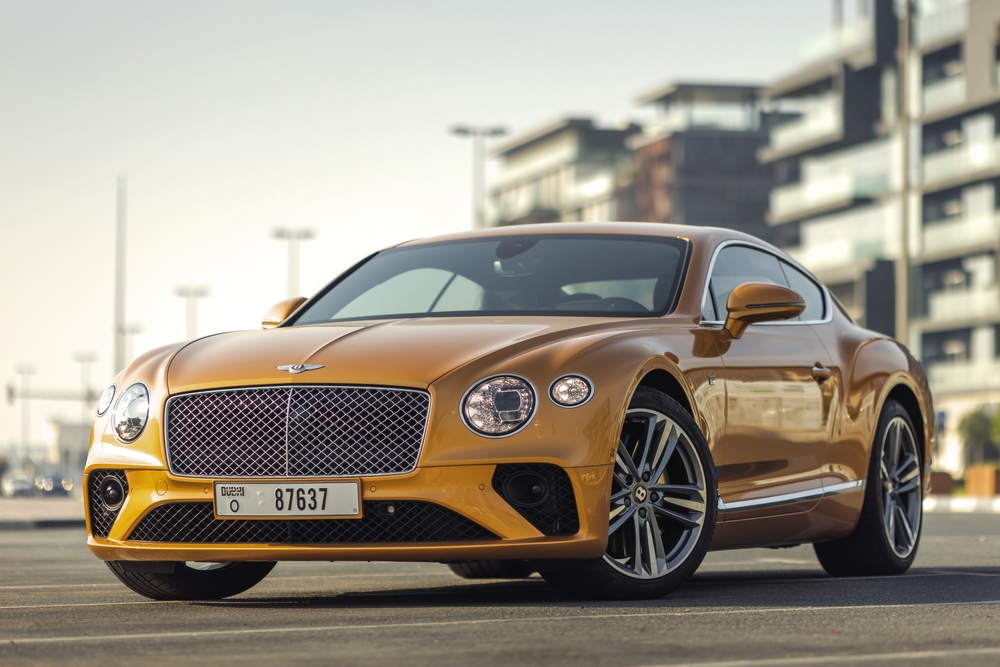
The Bentley Continental GT is known for its opulence and its W12 engine, delivering effortless speed. As Bentley plans to become an all-electric brand by 2030, the Continental GT is likely to undergo an electric transformation, combining luxury with cutting-edge performance and sustainability.
Lexus LFA
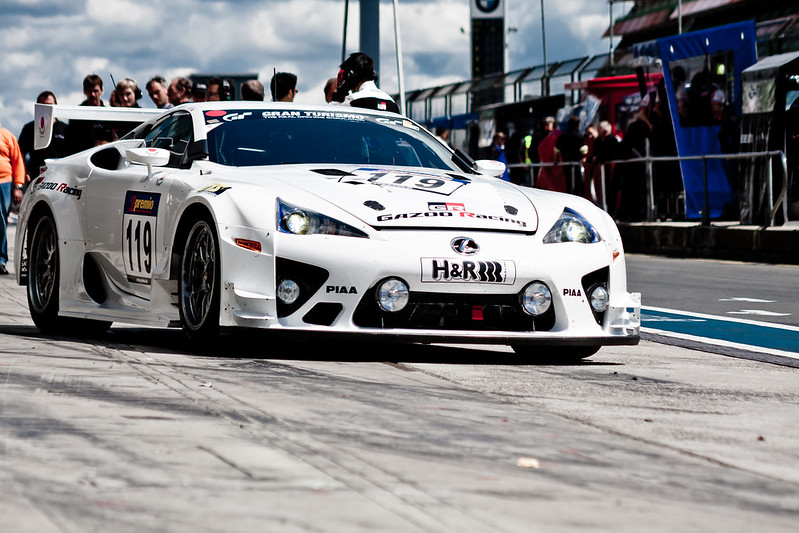
The Lexus LFA’s V10 engine was a work of art, producing an incredible soundtrack and thrilling performance. Although the LFA was discontinued, Lexus could revive the model with electric power, offering similarly exhilarating performance but with zero emissions. An electric LFA would honor its legacy while adapting to modern technology.
Toyota Supra
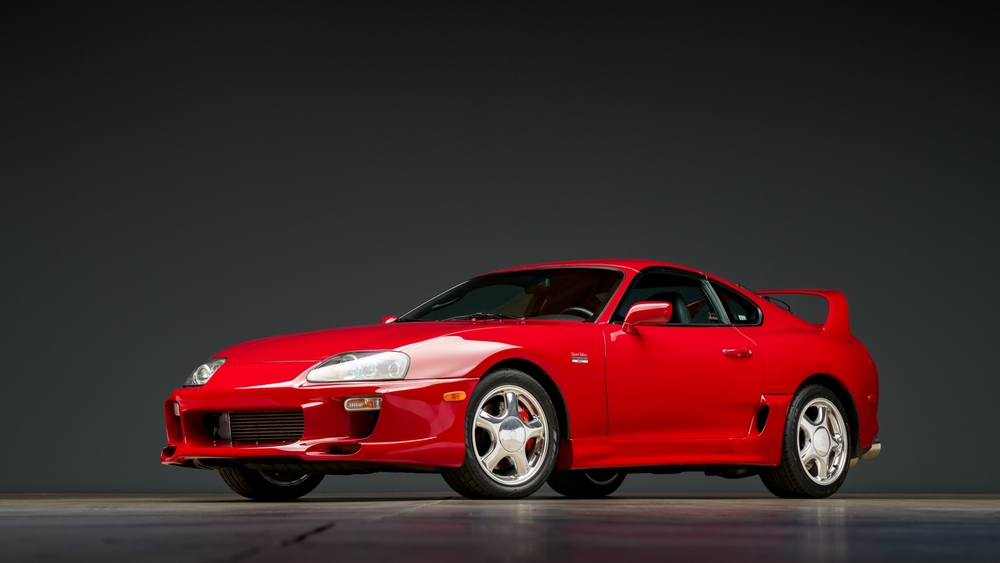
The Toyota Supra’s turbocharged inline-six engine has made it a legend, but Toyota is already looking toward electric mobility. A future electric Supra would continue to offer superb driving dynamics and performance, while contributing to Toyota’s efforts to reduce emissions across its lineup.
Bugatti Chiron
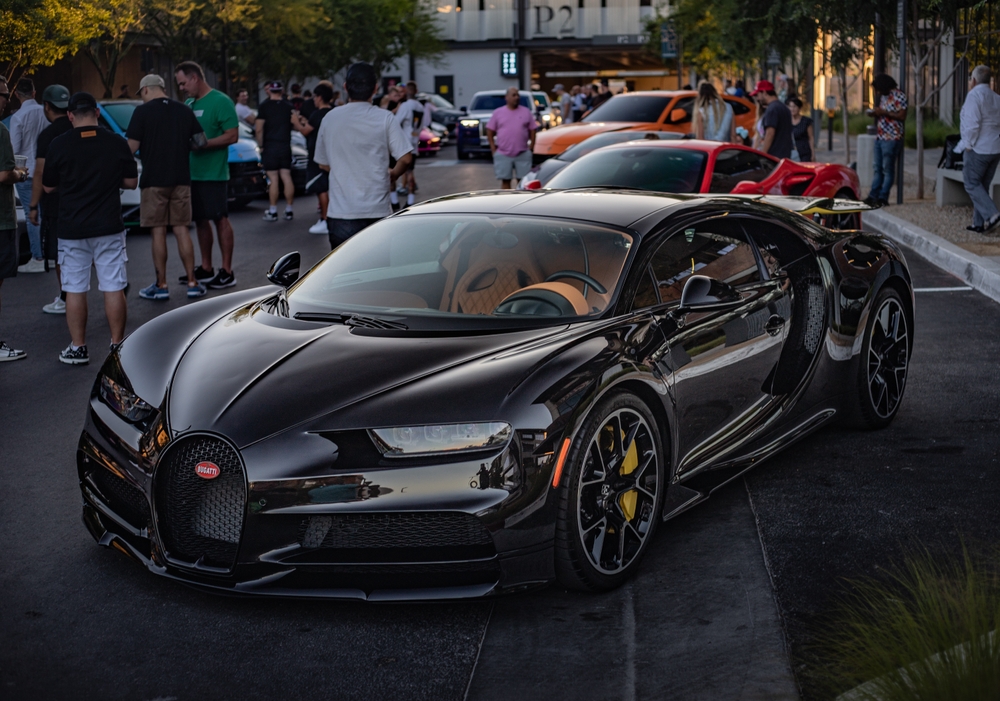
The Bugatti Chiron, with its quad-turbo W16 engine, is a pinnacle of hypercar performance. However, Bugatti has signaled that its future models will include electric versions, potentially making the Chiron’s successor an all-electric powerhouse. An electric Chiron would offer unmatched speed and performance, staying true to Bugatti’s reputation.
Ford GT
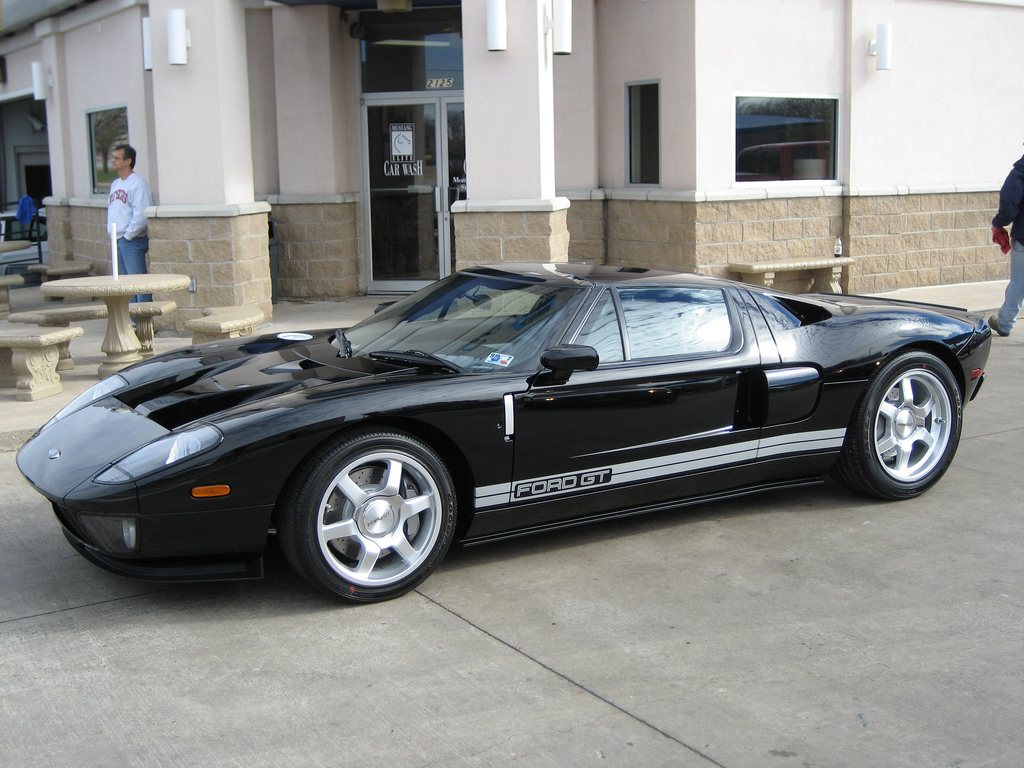
The Ford GT, with its twin-turbo V6 and racing pedigree, is an icon in the automotive world. Ford’s electrification plans could see the GT transition to electric power, where its lightweight carbon fiber body could pair perfectly with the instant torque and speed offered by electric motors, ensuring it remains competitive on and off the track.
Maserati MC20
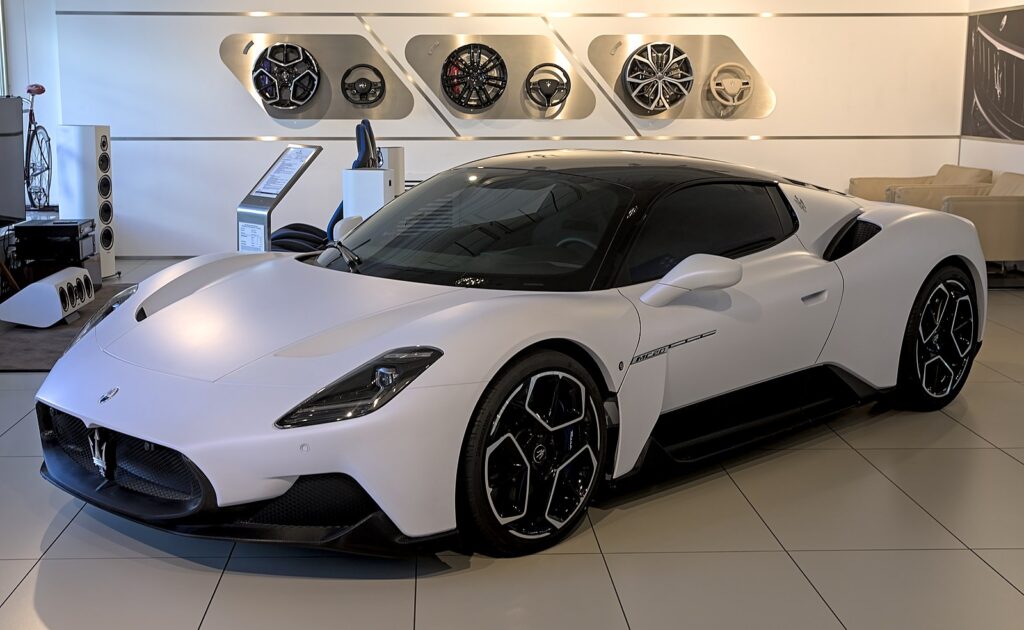
Maserati’s MC20 is already a technological marvel with a twin-turbo V6 engine producing 621 horsepower. As Maserati has announced its commitment to electric vehicles, an electric version of the MC20 could enhance performance while reducing emissions, providing a glimpse into the future of the Italian marque’s sports cars.
This article originally appeared in MyCarMakesNoise.
More from MyCarMakesNoise
25 Iconic Race Cars That Redefined Speed and Style

Race cars are not just about speed and performance; they’re also about making a visual statement. From bold colors to sleek lines, some race cars stand out not only for their engineering but also for their striking looks. In this article, we’ll take a look at the 25 most eye-catching race cars in history that have turned heads both on and off the track. Read More
20 Functional Utility Vehicles That Put Practicality Over Style

Utility vehicles are designed for practicality and performance, but not all hit the mark when it comes to style. Some models, despite their functionality, have failed to impress with their design. Read More
20 Cars That Struggled with Aerodynamics and Performance

Aerodynamics play a crucial role in a vehicle’s efficiency and performance. However, some automobiles have designs that hinder their aerodynamic capabilities, resulting in poor fuel economy and handling. Here are some automobiles with the worst aerodynamic designs, highlighting the challenges they face on the road. Read More

